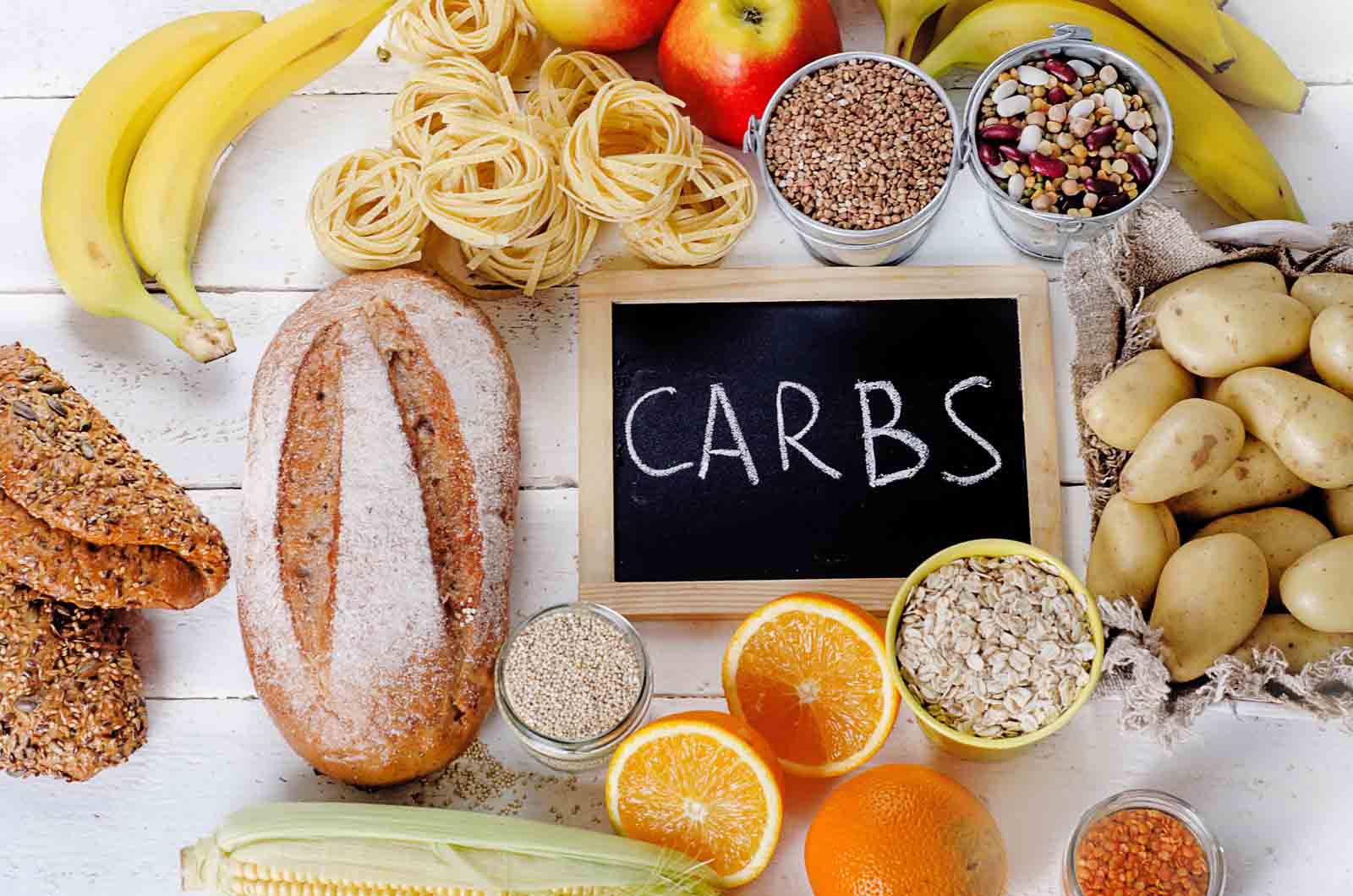Are you looking to shed some pounds and achieve your weight loss goals? One popular strategy that many people turn to is cutting carbs. But how many carbs should you actually be consuming each day for effective weight loss? Today, we’ll share the role of carbohydrates in your diet and provide you with some insights into finding the right balance for your weight loss journey.

Contents
How Many Carbs A Day For Weight Loss?
Unfortunately, there’s no one-size-fits-all answer to how many carbs you should eat for weight loss. The ideal amount depends on several factors, including:
Your current weight and body composition: People with more weight to lose can often tolerate higher carb intake compared to those with less.
Your activity level: The more active you are, the more carbs your body needs for energy.
Your overall health: Certain health conditions or medications may influence your carb intake.
Your individual preferences and diet goals: Some people find low-carb diets easier to follow, while others thrive on moderate-carb or high-carb approaches.
However, some general recommendations can guide you:

Moderate-carb approach:
- This involves consuming 45-65% of your daily calories from carbs, which translates to roughly 200-325 grams for a 2,000-calorie diet.
- This is a sustainable option for many people looking to lose weight and maintain overall health.
Low-carb approach:
- This restricts carbs to 20-50 grams per day. Popular low-carb diets include keto and Atkins.
- While effective for weight loss for some, they can be challenging to sustain and could lead to nutrient deficiencies if not planned carefully.
High-carb approach:
- This involves consuming 65-75% of your calories from carbs, exceeding 325 grams for a 2,000-calorie diet.
- While not typically recommended for weight loss, it can work for athletes or highly active individuals with high energy needs.
What are good carbs to eat?
Here are some guidelines for identifying good carbs to include in your diet:

- Focus on Whole Grains: Opt for whole grains like brown rice, quinoa, and whole wheat bread instead of refined grains. Whole grains contain more fiber, vitamins, and minerals, making them a better choice for overall health and weight loss.
- Choose Fruits and Vegetables: Incorporate plenty of colorful fruits and vegetables into your meals and snacks. These are natural sources of carbohydrates that also provide essential vitamins, minerals, and antioxidants. They are low in calories and high in fiber, helping you to feel full and satisfied.
- Include Legumes: Legumes, such as beans, lentils, and chickpeas, are not only a good source of plant-based protein but also packed with complex carbohydrates. They are high in fiber, which aids digestion and promotes satiety.
- Moderate Intake of Starchy Vegetables: While starchy vegetables like potatoes and corn contain carbohydrates, they can still be part of a balanced diet. Just be mindful of portion sizes and pair them with lean proteins and non-starchy vegetables for a well-rounded meal.
- Avoid Processed Foods: Stay away from processed foods that are often loaded with added sugars and unhealthy fats. These provide empty calories and can sabotage your weight loss efforts.
How do carbohydrates help weight loss?
Here’s how carbohydrates can help you in your weight loss journey:
- Energy Source: Carbohydrates are the body’s primary source of energy. When you consume carbohydrates, your body breaks them down into glucose, which is used by your muscles and organs to function optimally. By providing your body with the energy it needs, carbohydrates help you power through your workouts and maintain an active lifestyle.
- Satiety and Portion Control: Including the right types of carbohydrates in your diet, such as whole grains, fruits, and vegetables, can help you feel fuller for longer. These complex carbohydrates contain fiber and other important nutrients that provide a feeling of satiety and prevent overeating. By promoting portion control, carbohydrates can support weight loss efforts.
- Blood Sugar Regulation: Choosing carbohydrates wisely can help stabilize your blood sugar levels. Complex carbohydrates, like whole grains, are digested more slowly, leading to a gradual release of glucose into the bloodstream. This helps prevent spikes and crashes in blood sugar levels, promoting a more balanced and sustained energy release throughout the day.
- Muscle Preservation: When you reduce your overall calorie intake for weight loss, the body may break down muscle tissue for energy. By consuming an adequate amount of carbohydrates, you can help preserve your muscle mass and prevent its breakdown. This is especially important for those who engage in strength training or other forms of exercise that require muscle development and maintenance.
Frequently Asked Questions
Can you lose weight on 50 carbs a day?
You may lose weight faster on 50 g of carbs a day or less, but it depends on other factors like calorie intake and activity levels. Eating slightly more carbs may lead to lower but more sustainable weight loss.
How many carbs should a woman eat a day to lose weight?
Some nutritionists recommend a ratio of 40% carbs, 30% protein, and 30% fat for healthy weight loss. A 1,500 calorie diet with 40% carbs translates to 600 calories per day from carbs.
What does 125 grams of carbs look like?
125 grams of carbs can vary depending on the food. For example, it could be around 2 cups of cooked pasta, 4 slices of bread, 2 large bagels, or 7 medium bananas.

Hello, I’m Ravindra. Over the years, I’ve immersed myself deeply into the world of fitness and health, transforming both my body and mind. Writing has allowed me to share my journey, insights, and expertise with those just starting out and seasoned fitness enthusiasts alike. Beyond just routines and diets, I believe in inspiring others to adopt a holistic approach to well-being.
